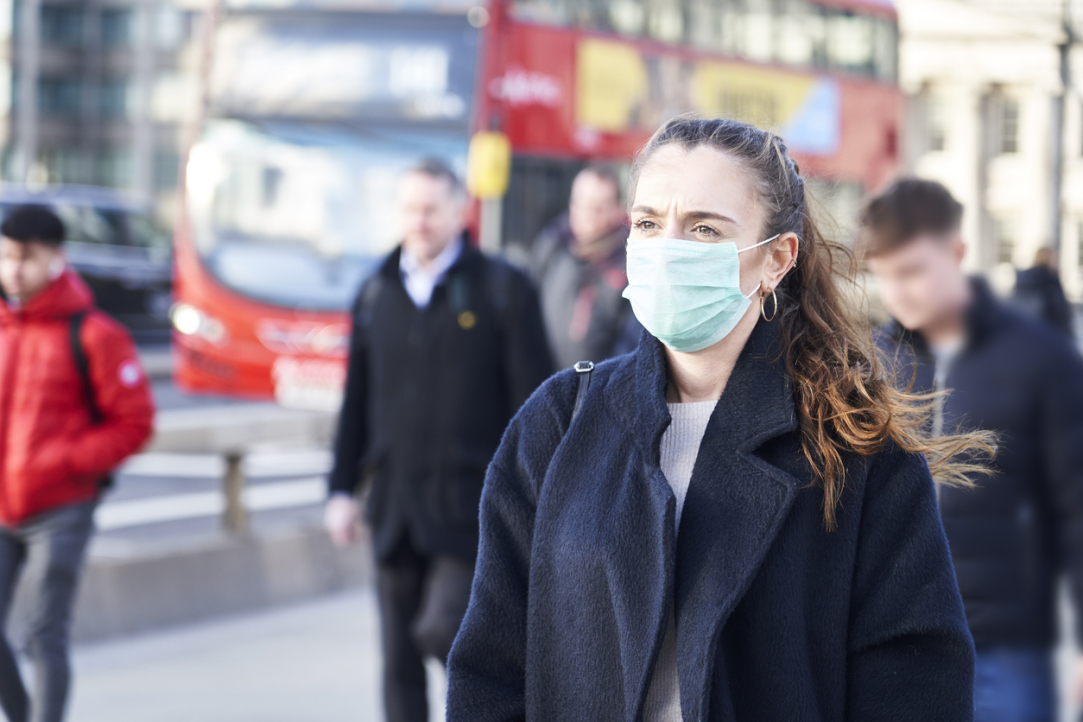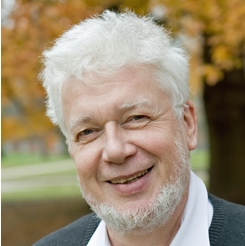‘We Have to Ask the Very Same People Multiple Times to Understand What Changes in Emotions, Attitudes, and Behaviors Really Take Place’

On November 6, Dr. Klaus Boehnke, Deputy Director of the HSE Centre for Sociocultural Research, presented his report entitled ‘Does COVID-19 propel value change: A comparison of Germany and the United Kingdom?’ at the ‘Culture Matters’ research seminar. HSE News Service has talked to Dr. Boehnke about various aspects of the value changes and socio-economic consequences of the pandemic in Europe and Russia.

Dr. Klaus Boehnke
Country Differences
In general, an event like the pandemic can elicit two basic reactions, one that we call a protective shift, the other an emancipative shift. A protective shift would mean that people will be more inclined than before to look after themselves, look after their very own safety, develop an elbow mentality. An emancipative shift means essentially the opposite, people recognize that the pandemic does not come from any particular competitor or enemy, but can affect each and every one of us, thereby fostering more of a humanist and universalist outlook on life than before.
The study I do together with colleagues from Jacobs University Bremen (my German home university), from the University of Edinburgh, the University of Magdeburg, and Leuphana University in Lüneburg (the home of my colleague Christian Welzel, who is affiliated to HSE’s Laboratory for Comparative Social Research) does not yet allow any decision on where people in different contexts will go.
From our comparison of Germany and the UK we do, however, know that people in Britain express more COVID-related anxiety and have a tendency to express more of an elbow mentality than Germans do.
Of course, a protective shift would put social cohesion under strain. If more and more people look primarily after their own safety and ignore the interest of others, then decisive components of social cohesion—as defined in the Bertelsmann Cohesion Radar that my workgroup oversaw—will be in jeopardy. There will be less tightly knit social networks, less trust, less acceptance of diversity, and also less solidarity and helpfulness.
Trying to draw conclusions from these results with regard to Russia is rather speculative. What one can probably say is that people in demanding life contexts will have a tendency towards saving their own lot, so-to-speak, and exhibit a protective shift, whereas people with more resources will lean towards the emancipative shift.
Russia is a huge country and people across the country diverge in the quantity of resources available to them, so that more than in other countries I expect within-country differences in reactions to the pandemic
Blame Shifting or Progress of Humanity?
As we all know, history does not repeat itself, so every situation in that sense is new. We have not had a pandemic in a hundred years. In the middle ages, however, pandemics happened quite frequently.
I think what remains the same is that there are always the two options that I described before, the protective shift and the emancipative shift. The protective shift is accompanied by blame shifting. We are made to believe that the great loss of lives arising from the pandemic must be somebody’s fault, the ‘Chinese’ virus, as ill-meaning politicians around the world call it. This fosters conflict and long-lasting antagonism.
At the same time, pandemics and other catastrophes, have often also led to major progress of humanity, just to mention advances in hygiene that have helped to more or less eradicate typhus.
Research Implications
Turning back to the immediate academic sphere, what is crucial from my point of view is to get empirical data from surveys, interviews, and bservations repeatedly and quickly to document and study which changes in people and in social entities really take place.
Only when we get what sociocultural research calls longitudinal data, can we analyze processes. In everyday language: We have to ask the very same people two, three, four times to understand what changes in emotions, attitudes, and behaviors really take place, and how this changes worldviews and the ways in which communities function.
Klaus Boehnke has been working at HSE since 2017. To his great disappointment, in 2020 all his work at the HSE Centre for Sociocultural Research had to be remote. ‘On different occasions, I gave presentations in virtual academic events, and remotely we worked on academic manuscripts. ‘Regardless of whether co-authored by HSE colleagues or not, all my academic publications are, of course, publications that also emphasize my affiliation to HSE. However, in my view this is not enough. I strongly hope to be able to physically return to Moscow in 2021 soonest. I miss my colleagues and the city.’
Klaus Boehnke
Deputy Director, Centre for Sociocultural Research